You might have felt it already — a faint tremor or two, furniture slightly shaking, feeling a little off-balance as if the ground is slipping away from under your feet. You probably thought to yourself that it was merely your imagination. But, in reality, it was actually one of the island's minor earthquakes.
Luckily, most recent Cyprus earthquakes were quite gentle and barely noticeable, except for a large earthquake in Paphos back in 2022. However, the island had witnessed some major earthquakes in the past — throughout antiquity some truly destructive earthquakes have completely wiped out the ancient cities.
With that in mind, you might be wondering about the likelihood of strong earthquakes in Cyprus. Let's take a look at Cyprus earthquakes and the reasons why they occur. We'll also discover the fascinating geology and history of the island. So, let's delve deeper into the turbulent seismic past of the island and look into the future.
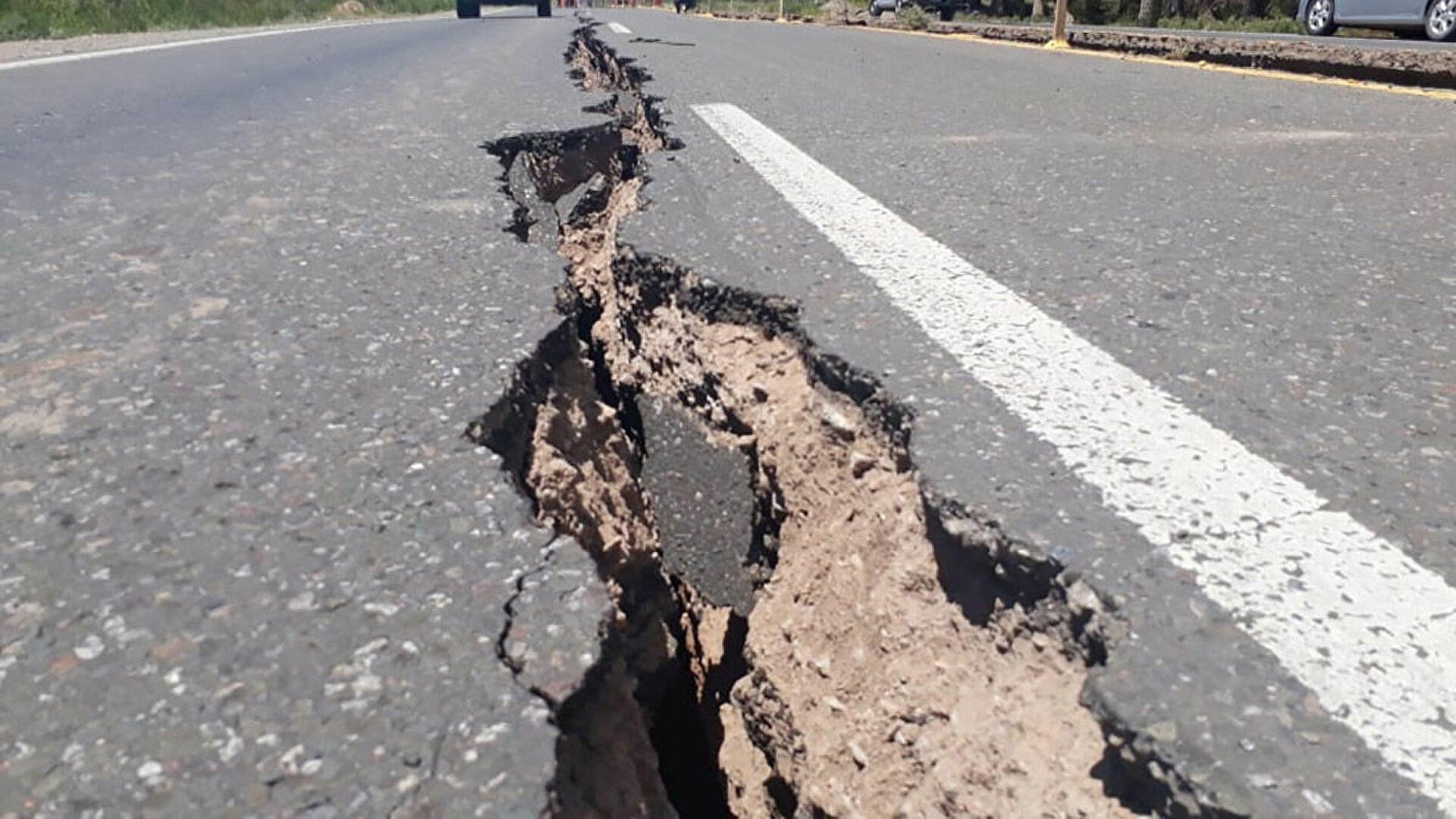
Why earthquakes occur
Without going too deep into science, it is all to do with the structure of our planet, which consists of multiple layers, just like a cake. The Earth’s upper crust, «lithosphere», has cracks in it that divide it into tectonic plates. The tectonic plates are constantly moving over a more fluid deeper layer — an «asthenosphere». In the areas where these tectonic plates converge or diverge, an earthquake occurs. Sometimes human activity can also become a contributing factor.
Cyprus’s seismic zone
Located at the crossroads of Europe, Middle East and Africa, Cyprus region is also situated on convergence of two major tectonic plates — African and Eurasian. On top of that, there's a Cyprus Arc — a curved tectonic crack, separating the African plate and the Anatolian plate, which is located to the south of the island. Most of the Cyprus earthquakes occur in the shallow layers of Earth’s crust, not more than 30 km deep, causing stronger shaking on the surface. That, in turn, results in strong earthquakes. Cyprus is located in a seismically active region. And, even though it is not as prone to earthquakes as Japan, the earthquakes in Cyprus are still quite common.
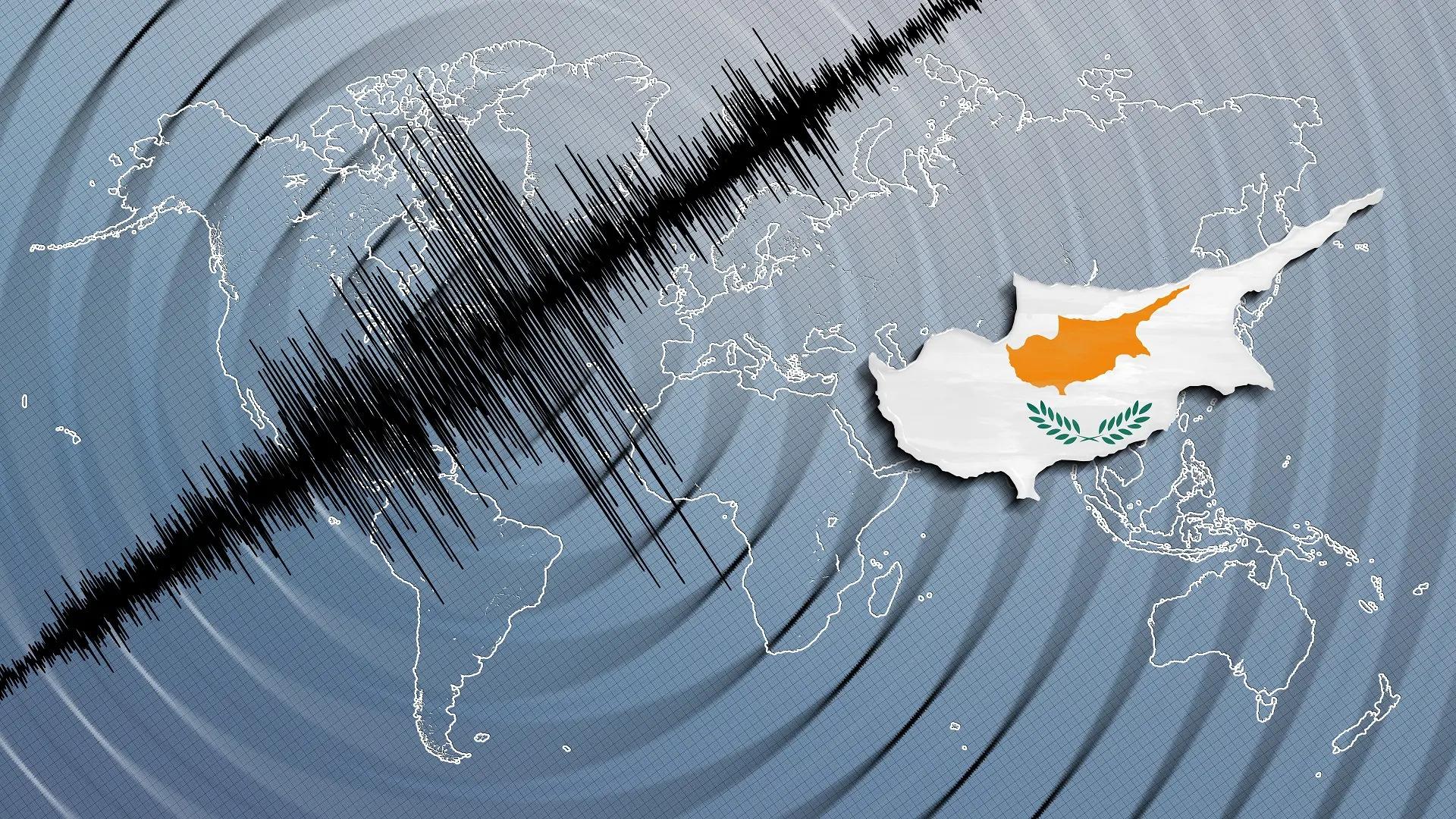
Earthquake magnitude in Cyprus
The magnitude of the local earthquakes is generally not very high, ranging from minor (M4—M5) to medium (M5—M6). With more than a dozen each year, minor earthquakes are very frequent, but are barely noticeable. You might not even be aware if there was one. The medium earthquakes are less frequent and can be felt throughout the island and even cause minor damages. The strong earthquakes with magnitude of M6—M7 are a «once in a century event». And the truly catastrophic earthquakes are even more rare. Whilst the chances of witnessing a large earthquake in Cyprus in the nearest future are not very high, it’s still good to stay informed and updated about potential earthquake events.
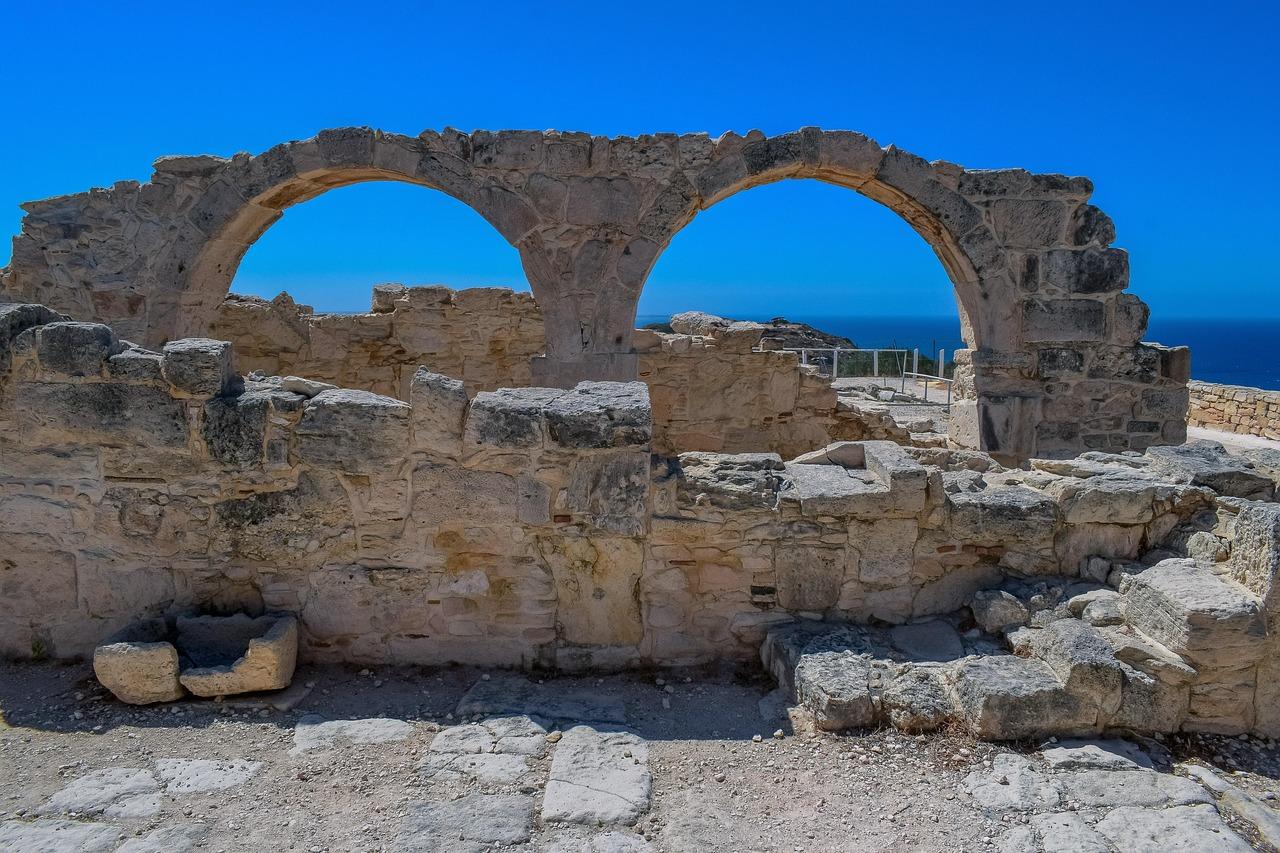
The most powerful Cyprus earthquakes in history
Cyprus had witnessed some really strong earthquakes in the past, especially during antiquity. For example, in 332 AD one of the major earthquakes had occurred in the ancient city of Kourion, obliterating its temples and theatres.
A decade later, in 342 AD one of the most catastrophic earthquakes had hit Kourion and Paphos, completely destroying those ancient cities and causing people to flee.
But, the biggest earthquake of all happened in the Middle Ages in 1222 AD. With a magnitude of M 7, it is described as one of the most catastrophic earthquakes in Cyprus history. It had completely destroyed the cities of Paphos and Limassol. Much later, during the period from 1735 to 1754 a series of strong earthquakes had caused significant damage to the cities of Nicosia and Larnaca.
One of the more recent strong earthquakes occurred back in 1941 in Limassol. With a magnitude of M 6,5, it had caused significant damage to the city.
However, one of the most catastrophic earthquakes in modern history happened in 1999 near Paphos. With a magnitude of M 6,8, it had damaged many buildings within the city and in surrounding villages.
One of the most recent major earthquakes which has affected the island in 2022, had a magnitude of M 6,6 and had been featured in the news and all Cyprus media channels. With the epicentre in the Polis region, it could be felt across the island and in the surrounding regions and is considered to be quite a large earthquake. But, thanks to modern construction, the damages were minimised.
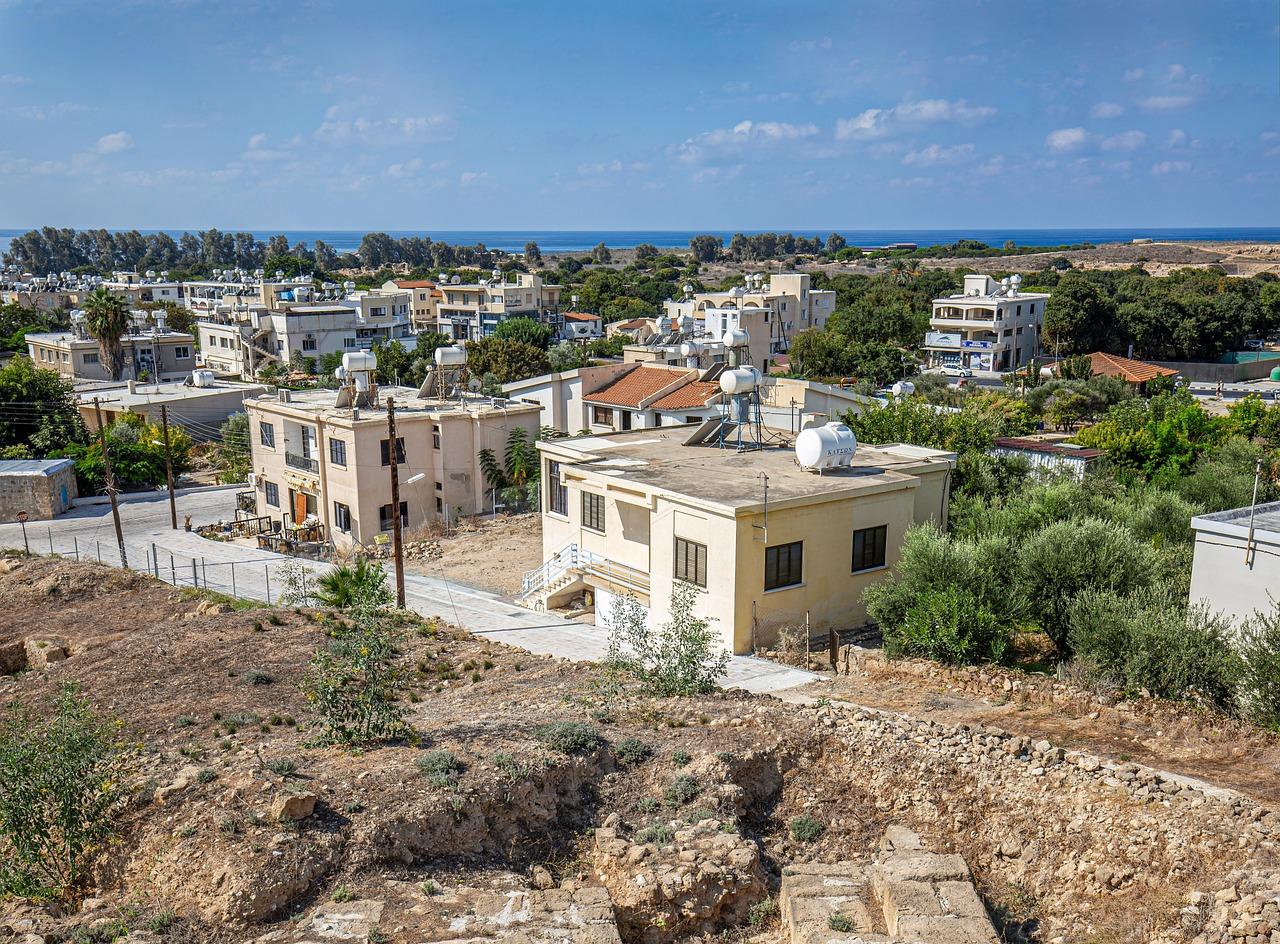
Which cities are more at risk
Historically, Paphos and Limassol areas are more prone to strong earthquakes as they are located closer to the Cyprus Arc. The Larnaca region, located close to the Anatolian plate, is at a moderate risk. Whilst Troodos and Nicosia regions are less seismically active and may experience minor earthquakes.
How Cyprus deals with earthquakes
Being a seismically active region, Cyprus adheres to strict building codes. Currently, all new buildings must be constructed following European seismic design regulations — Eurocode 8. Likewise, older buildings, especially government offices, schools and other public facilities have been structurally reinforced against the earthquake hazard.
Cyprus has its own Geological Survey department and Seismological Centre conducting regular research activities and sharing the data across international networks. Public education programs are also in place educating the locals on how to behave in case of a large earthquake.

Tips on how to stay safe
In case of a strong earthquake, it's good to follow these rules:
- If you are indoors, try to hide under a table or other sturdy furniture and stay away from glass objects, such as mirrors and windows.
- If you are outdoors, stay away from buildings, trees and powerlines and try to find an open area.
- Always follow updates from the Cyprus Geological Survey department and Civil Defence.
- Most importantly, try to stay calm and do not panic.
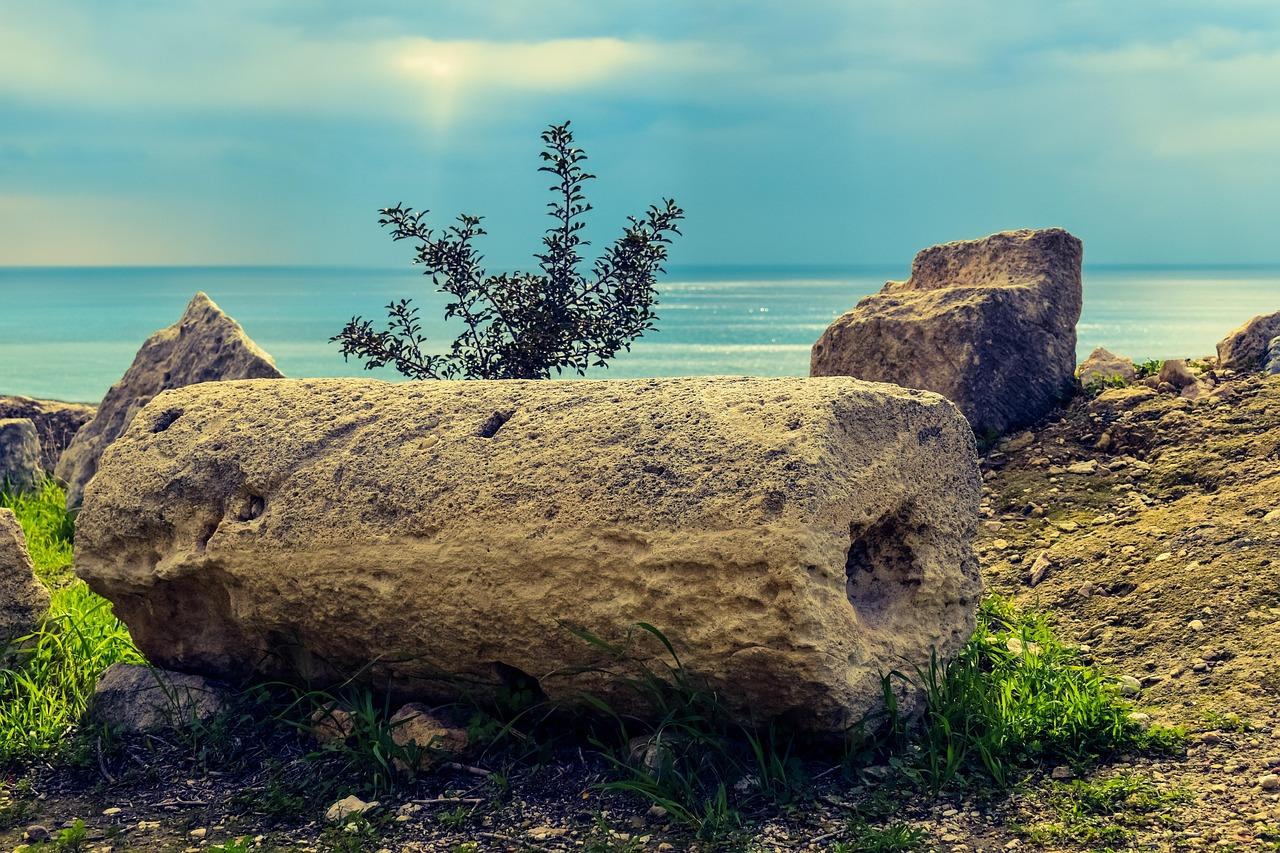
Cyprus island has existed around the seismic zone for millions of years, during which it has witnessed a plethora of earthquakes — large and small. And they have shaped the island into what it is like today.
In Cyprus, earthquakes are more than just a news story, they are a part of life. But, according to scientific data, there’s no need to panic: more powerful earthquakes occur on the island every few decades, whilst the biggest earthquakes are even less frequent and happen every few centuries.
The latest earthquakes have been pretty minor and the likelihood of witnessing a truly catastrophic earthquake event in Cyprus in our lifetime isn’t very high. Have you ever felt an earthquake in Cyprus? Share your experiences with us in the comments!
Read also:

